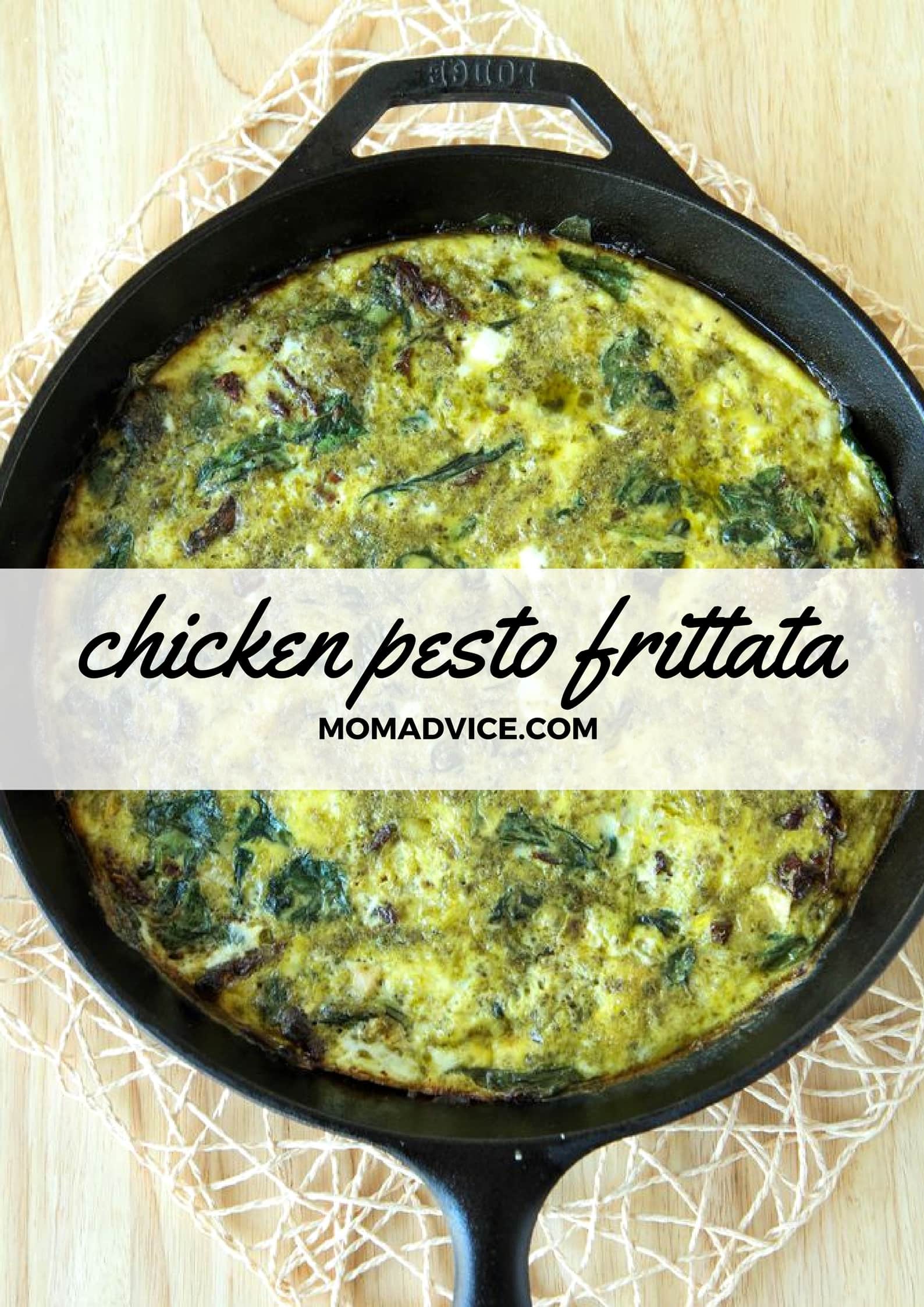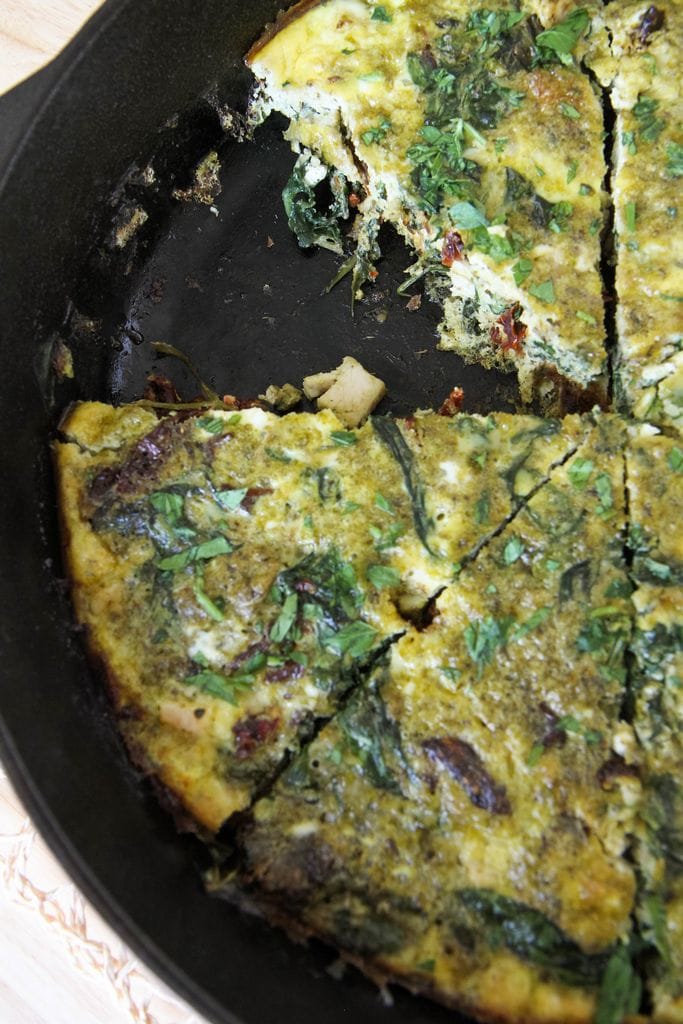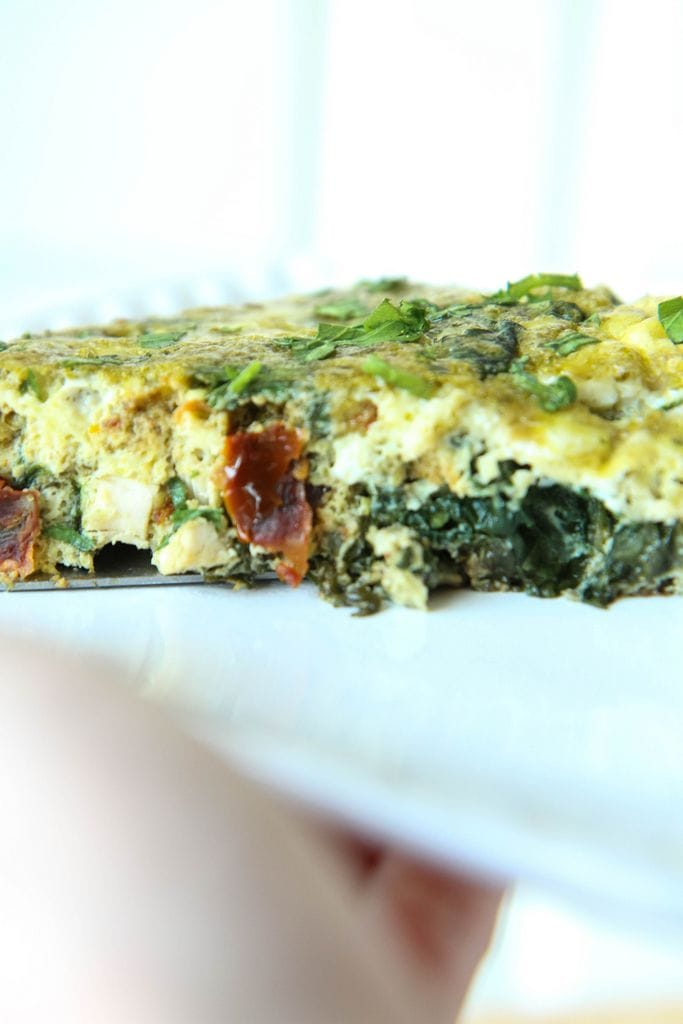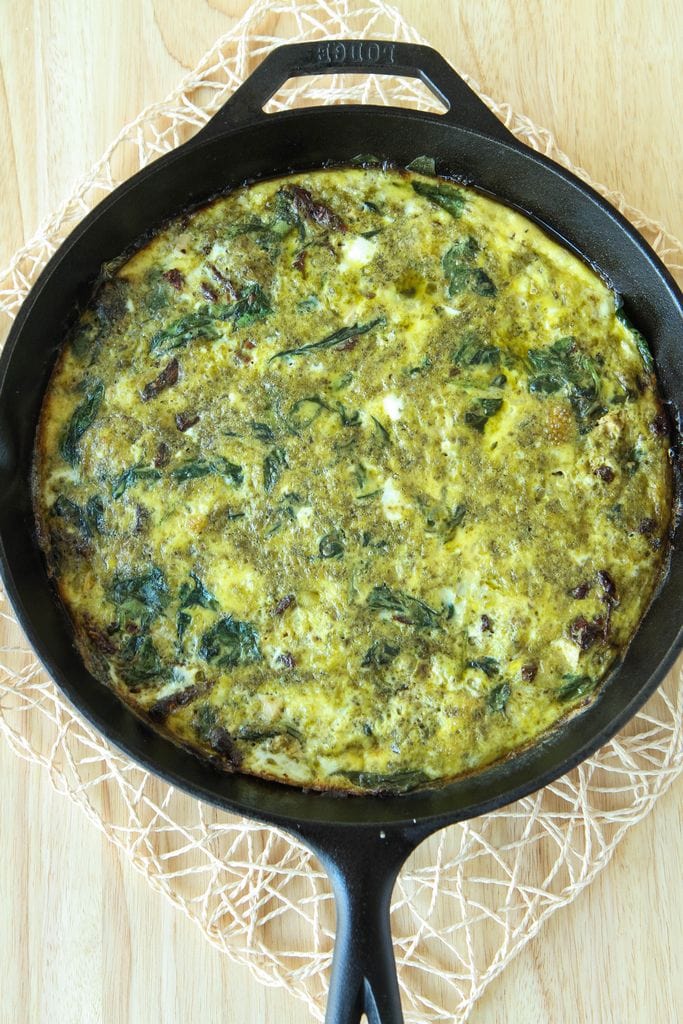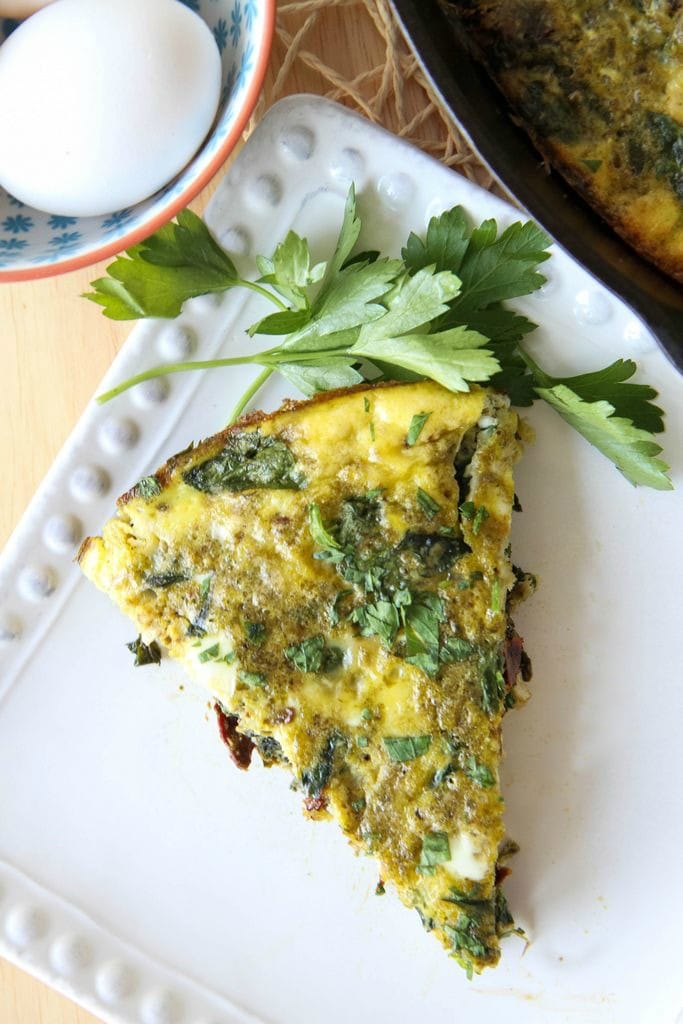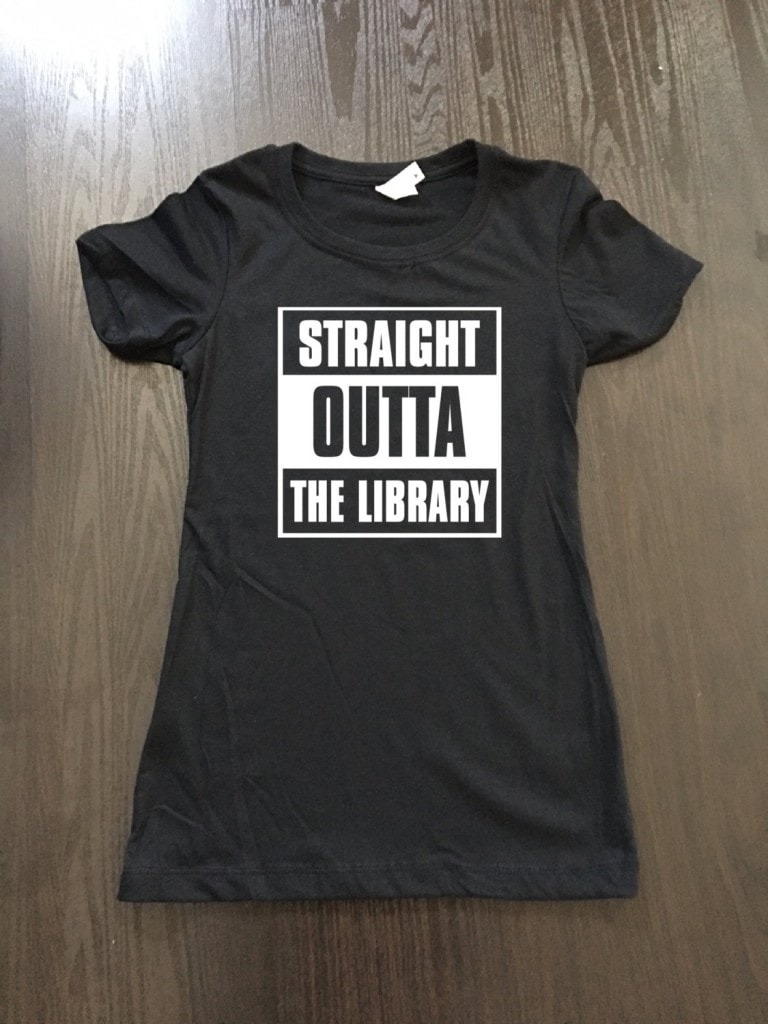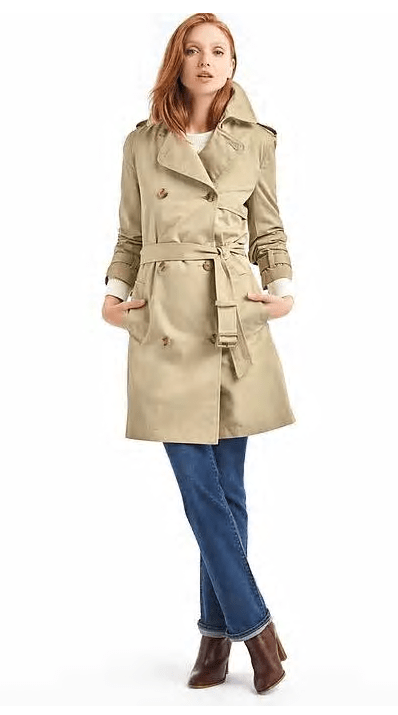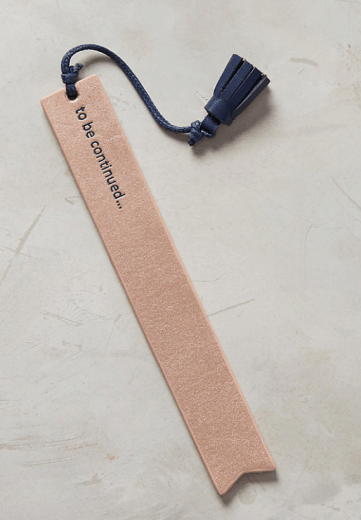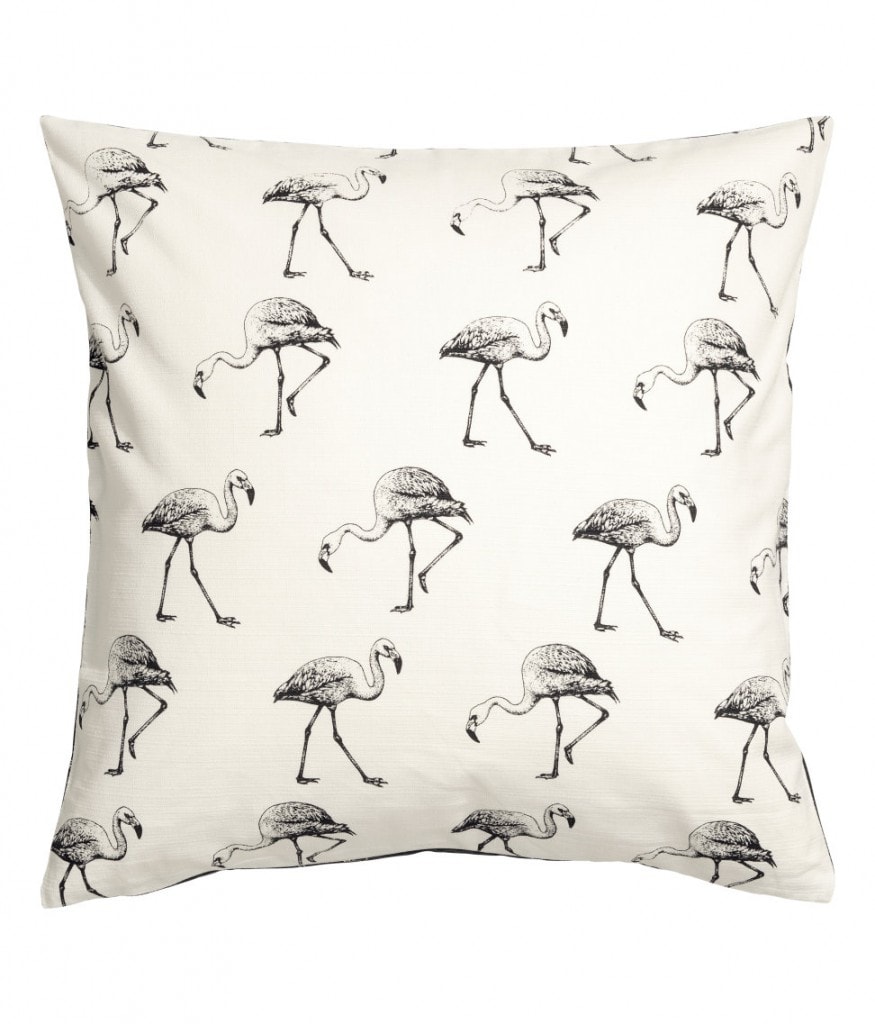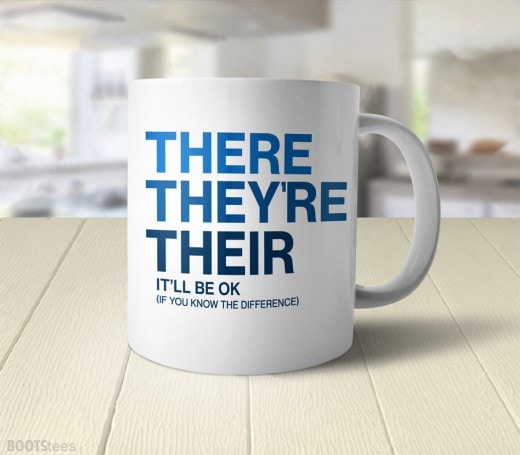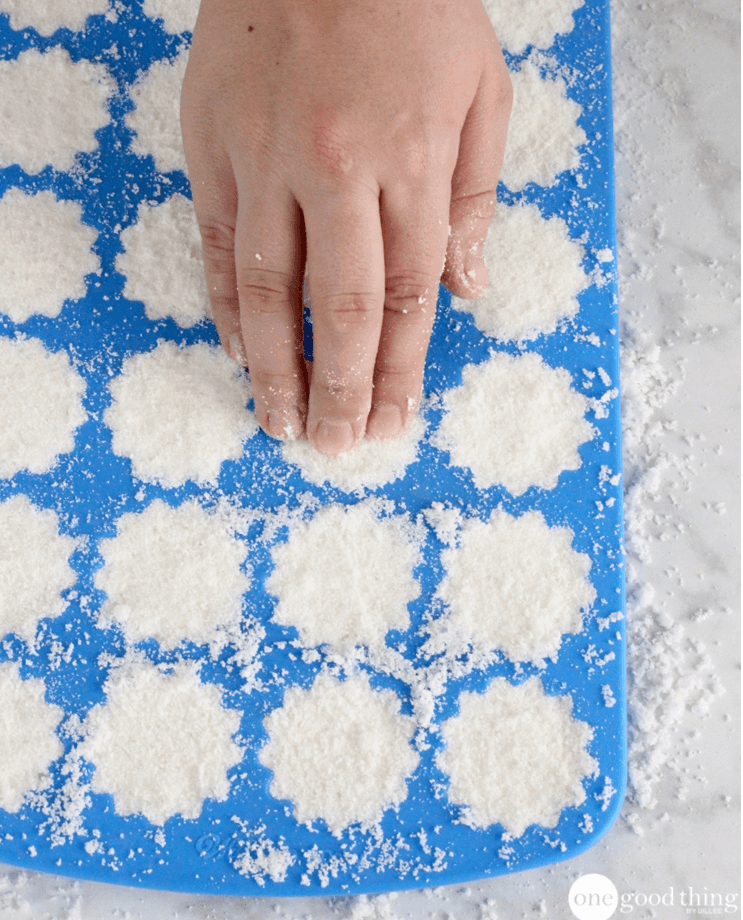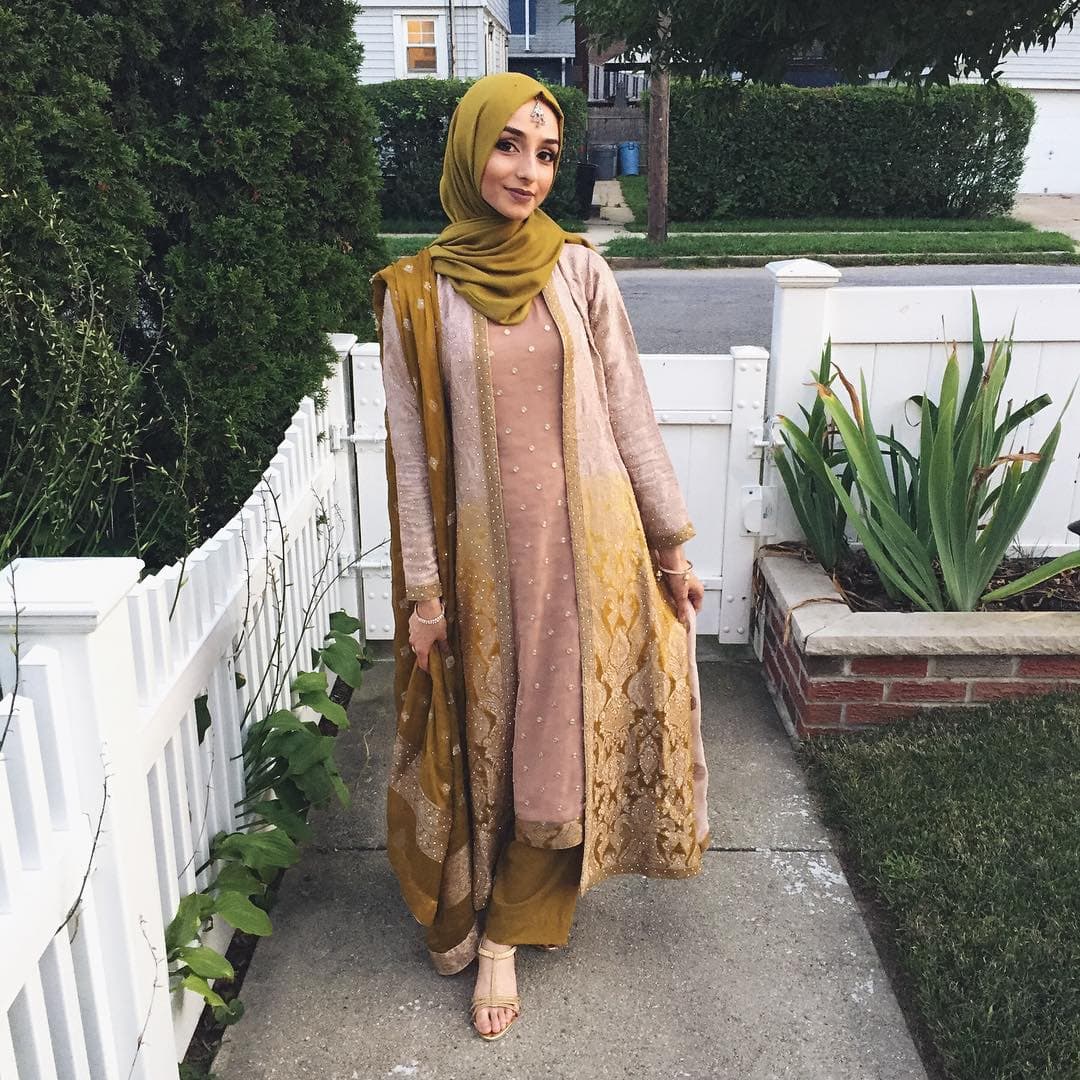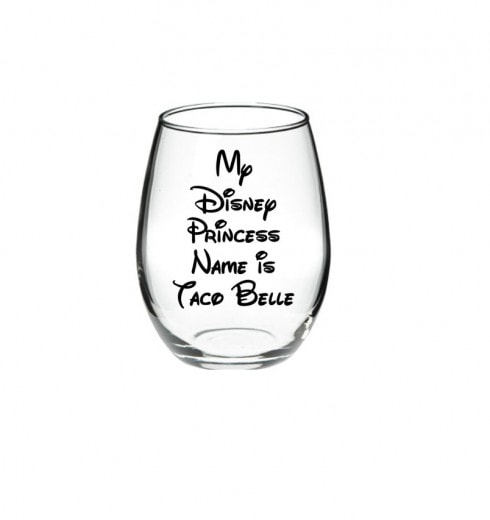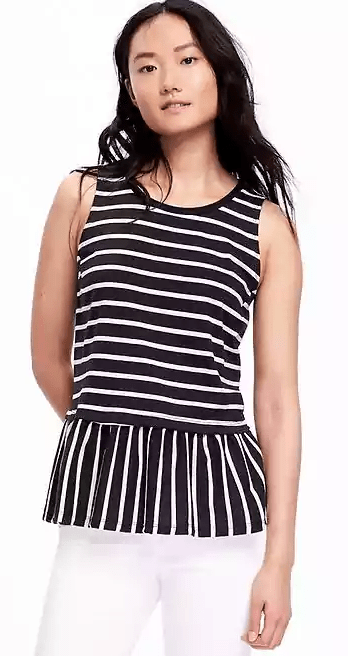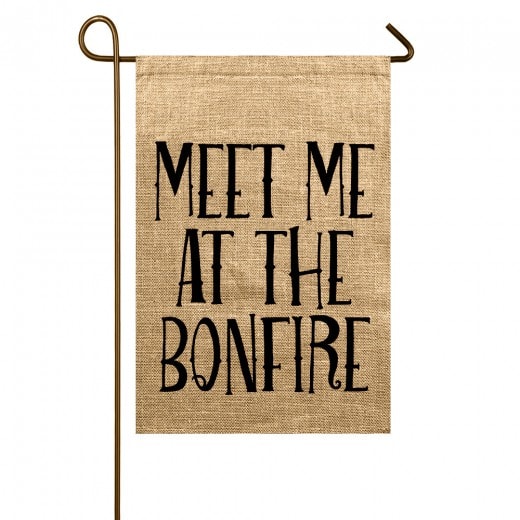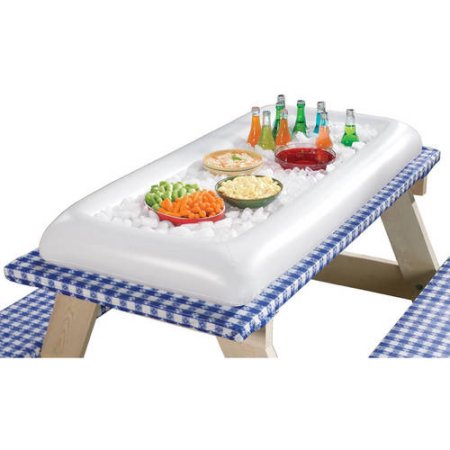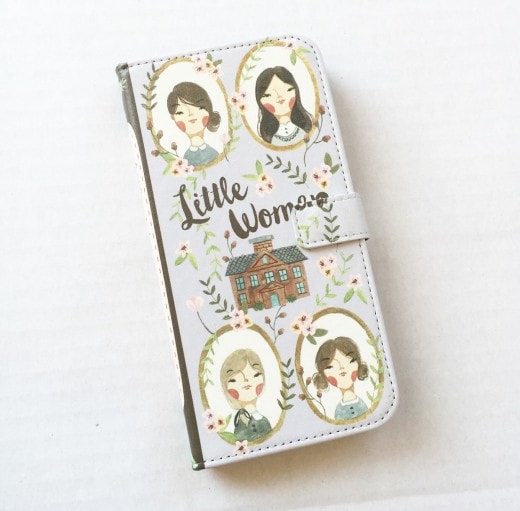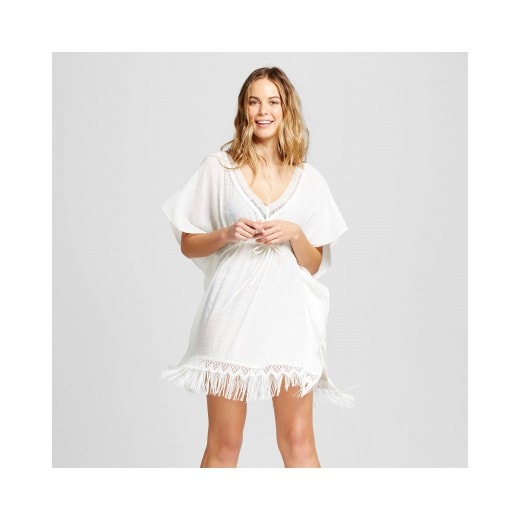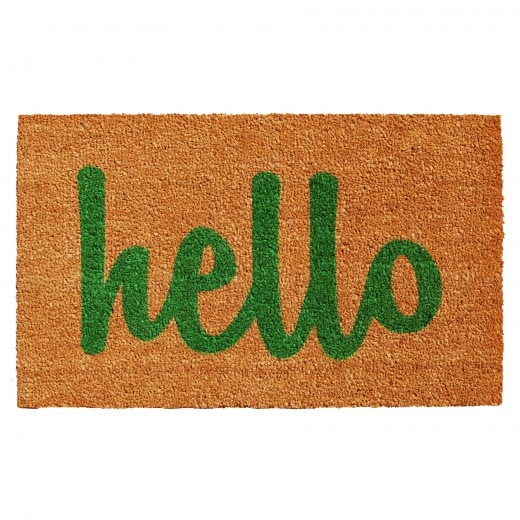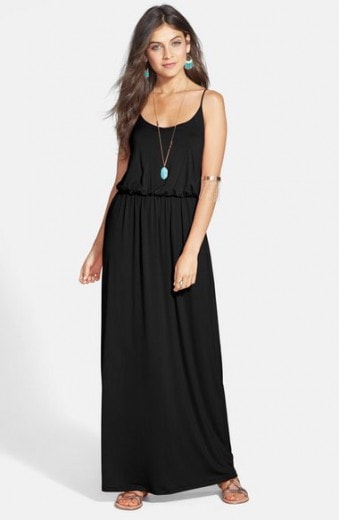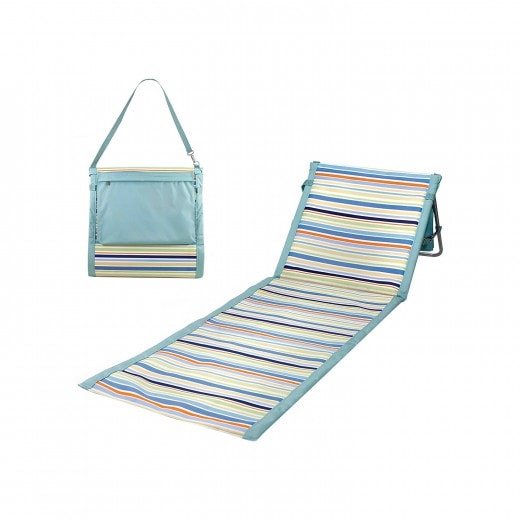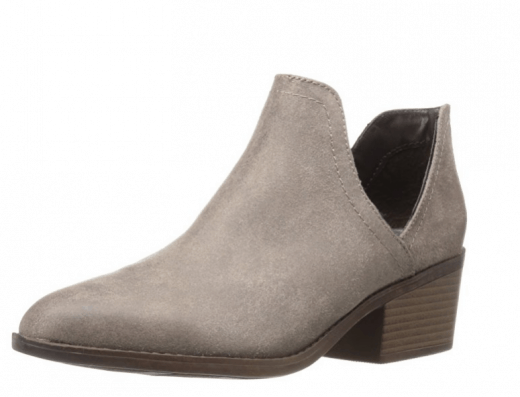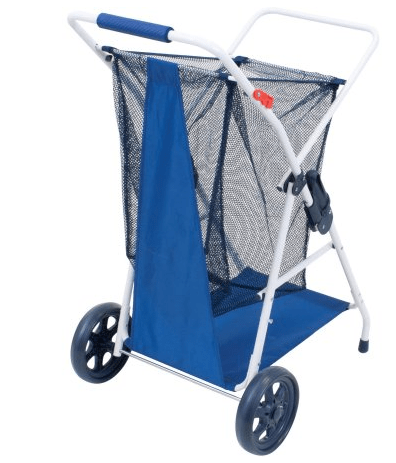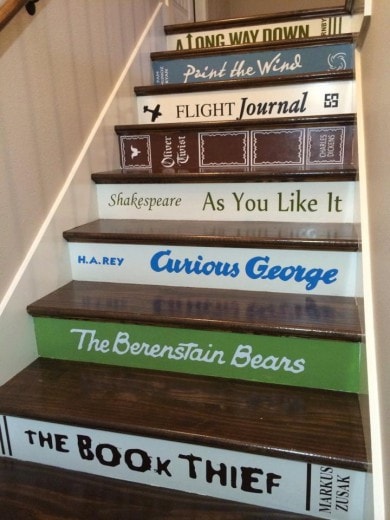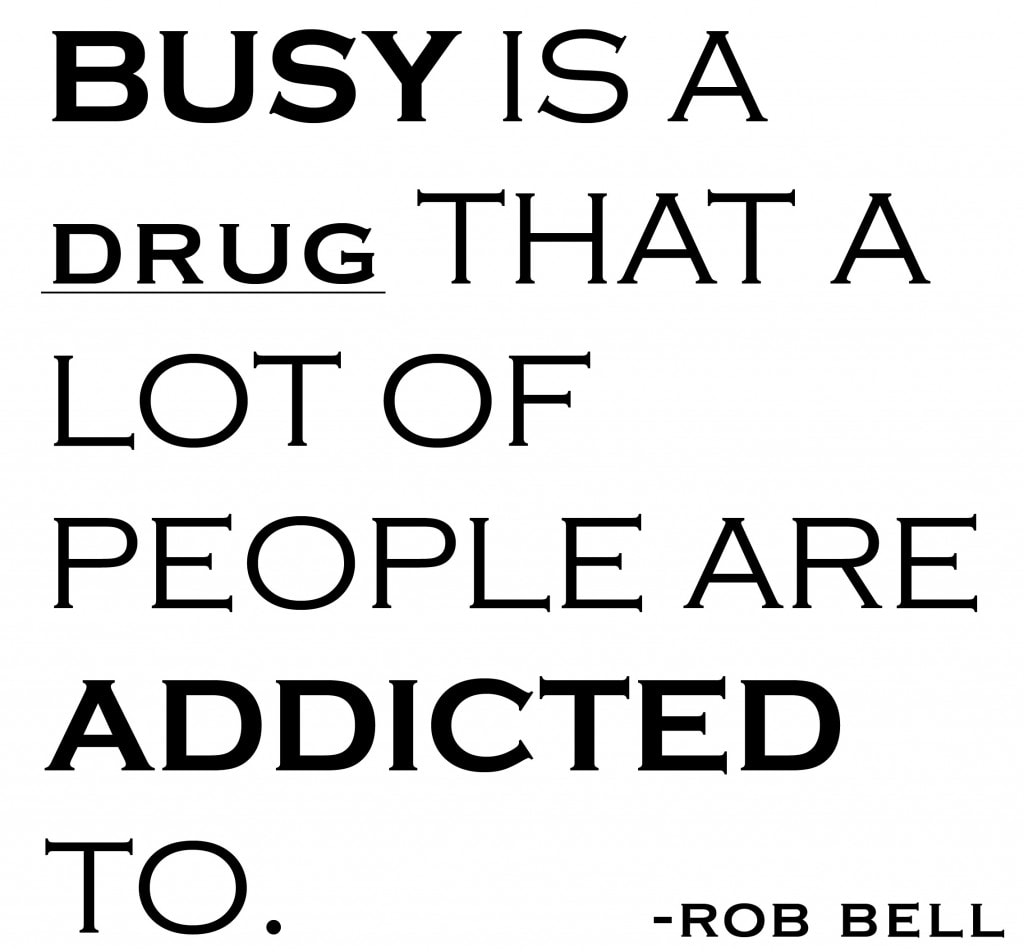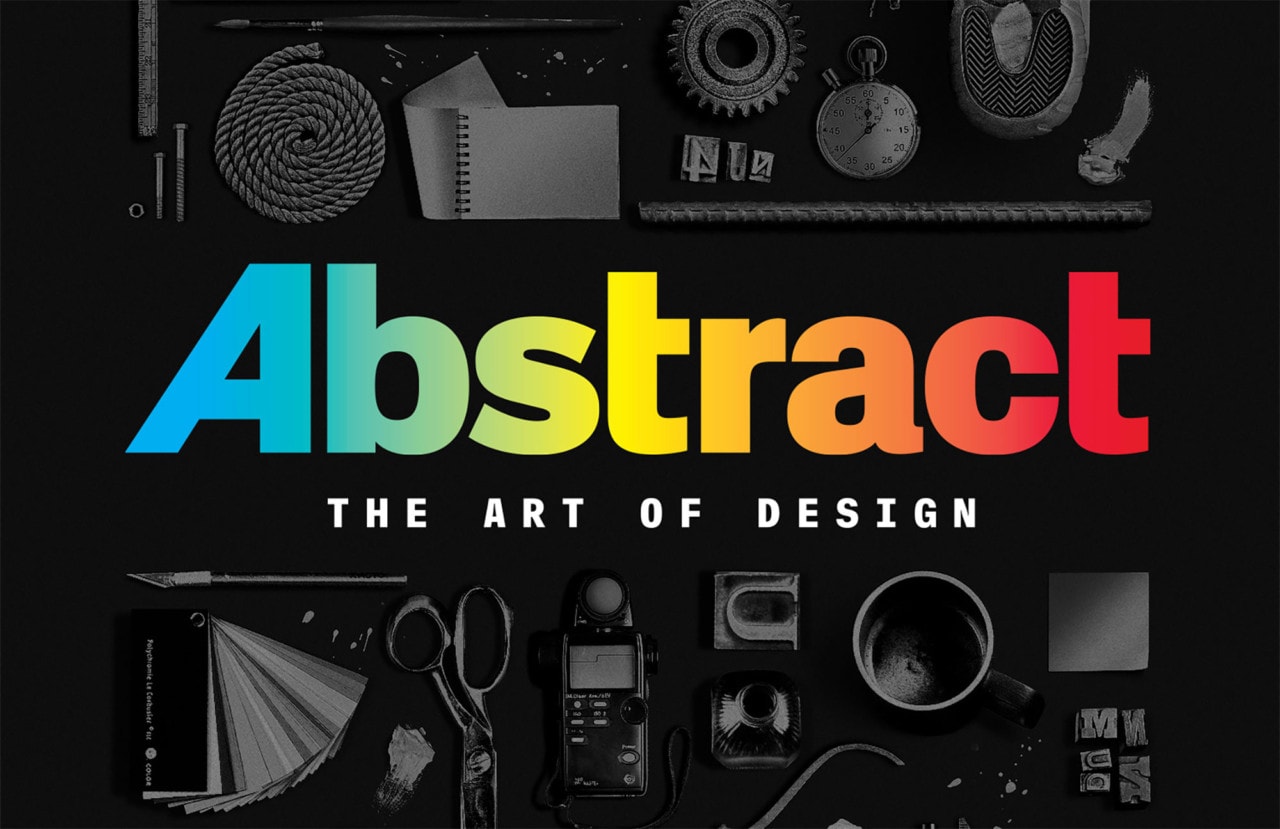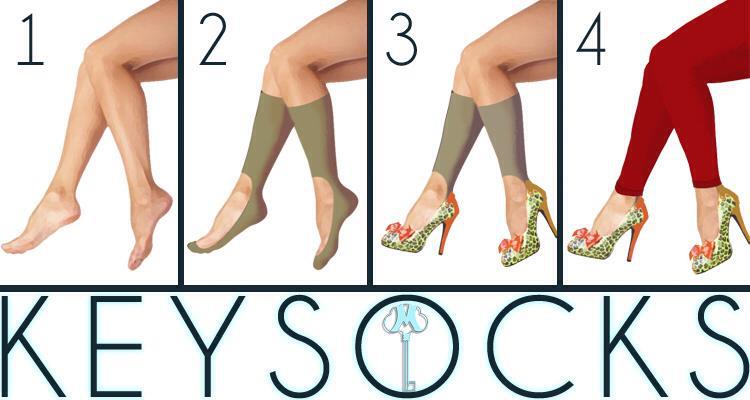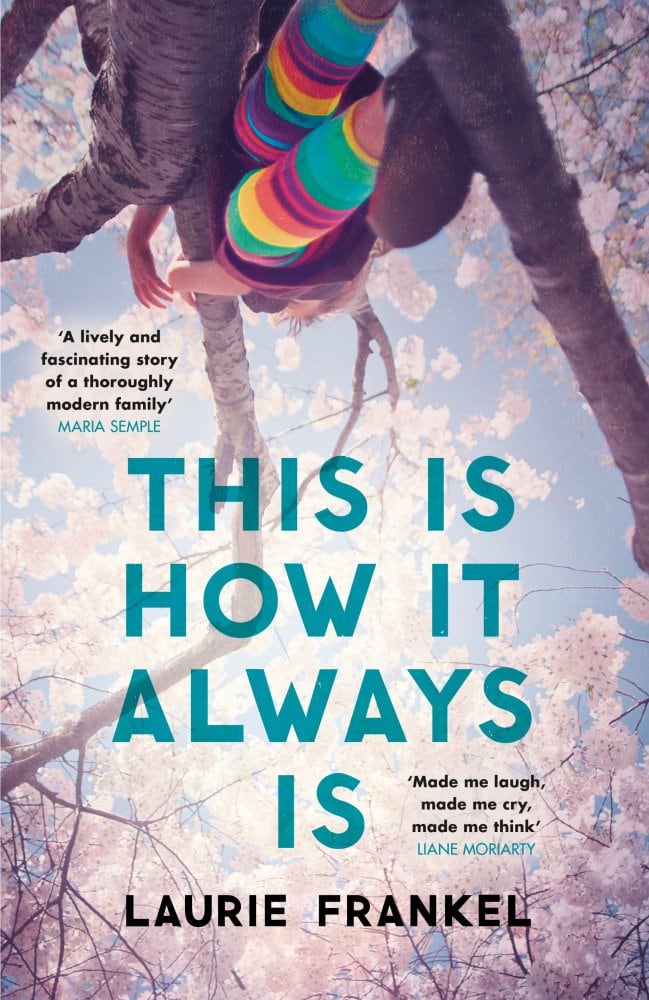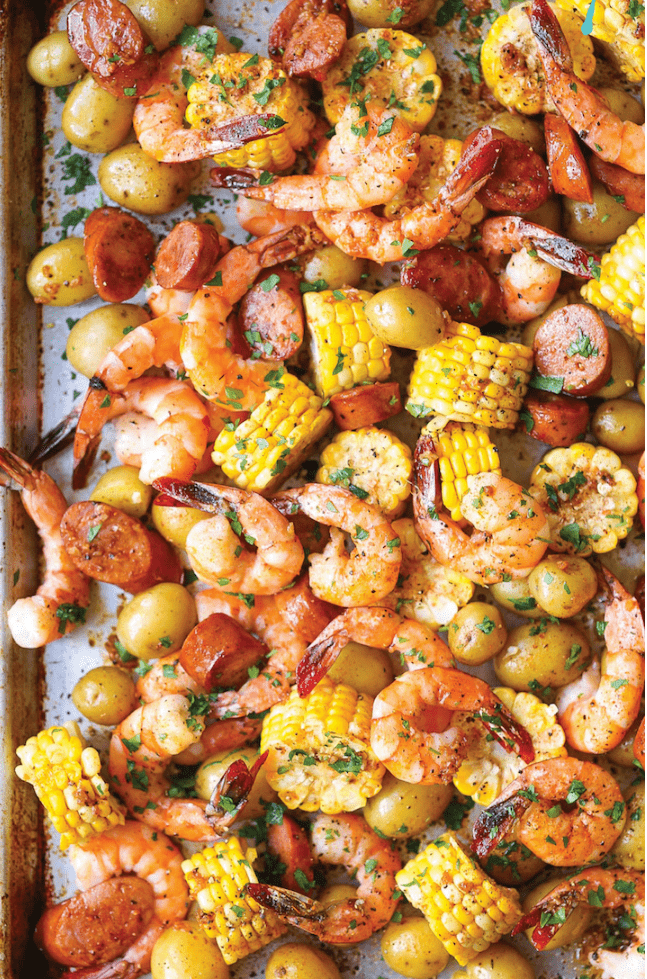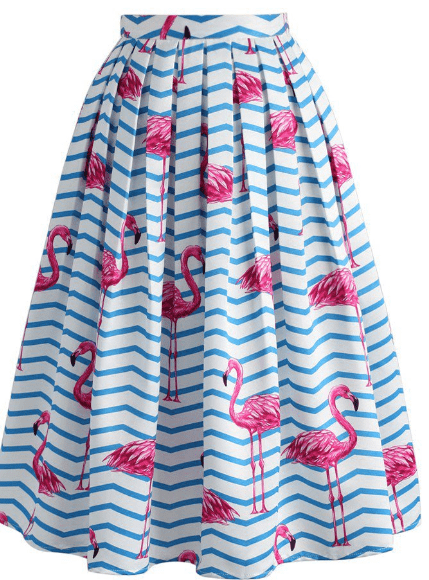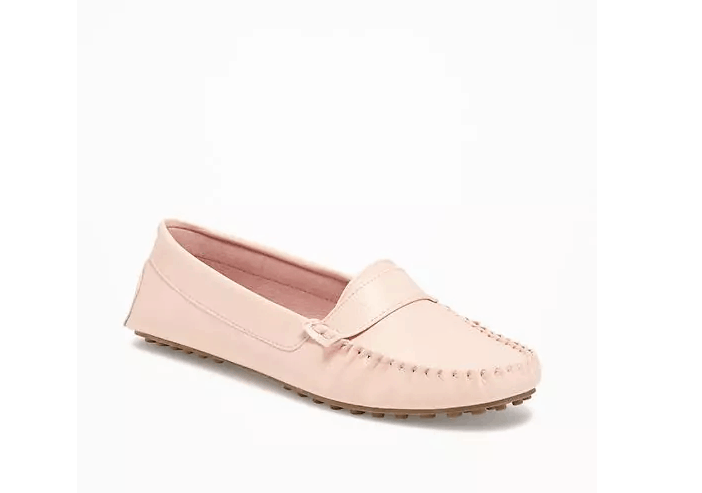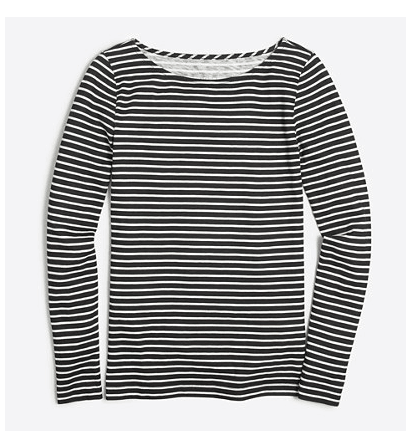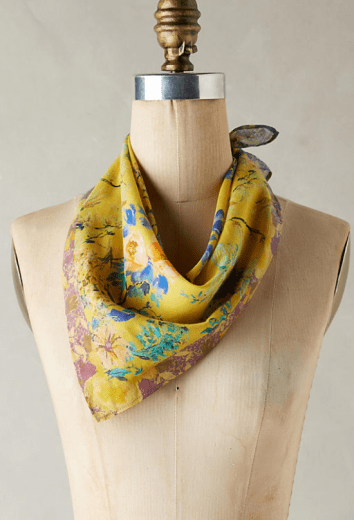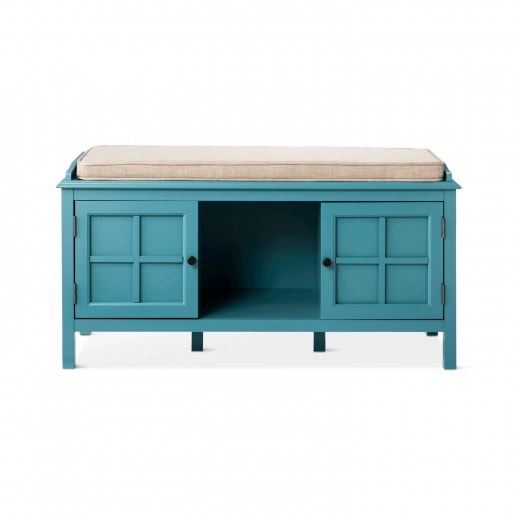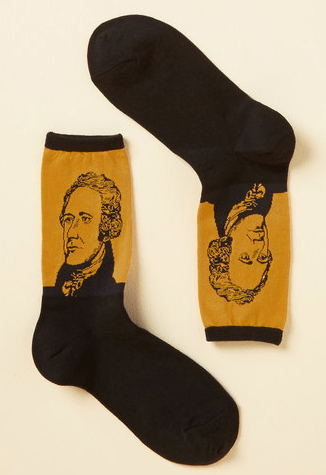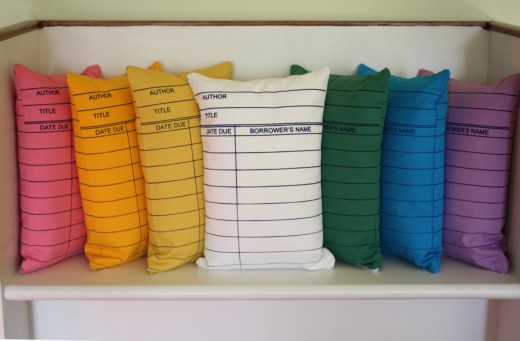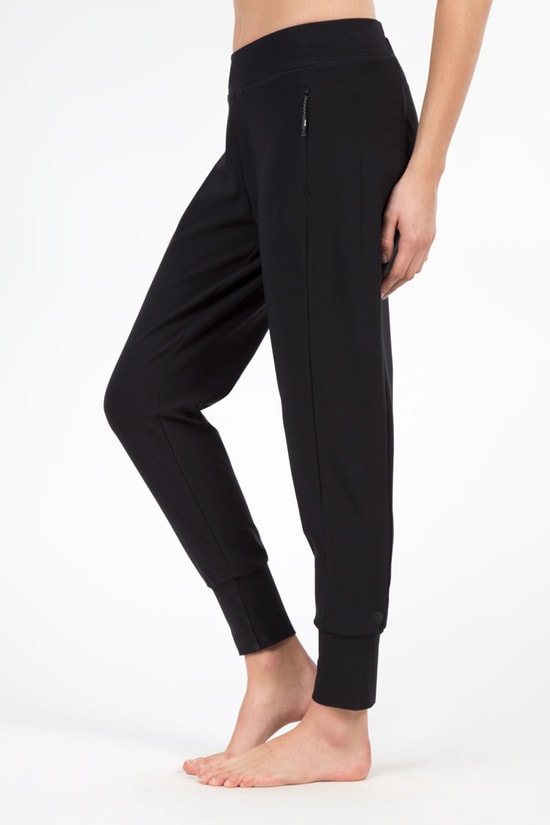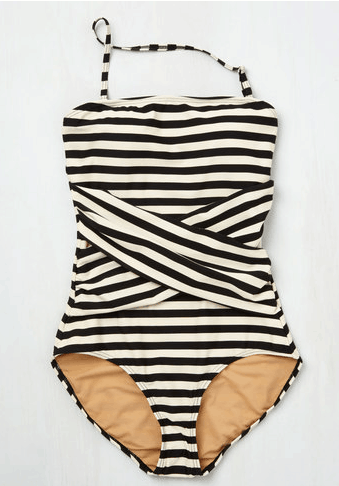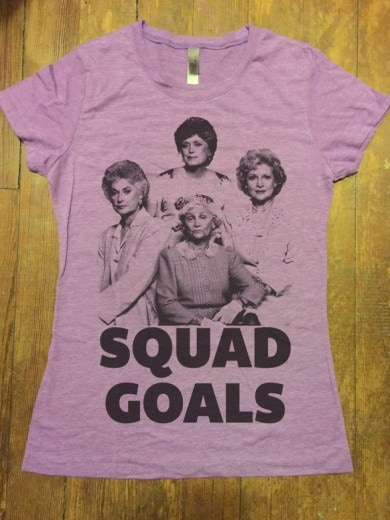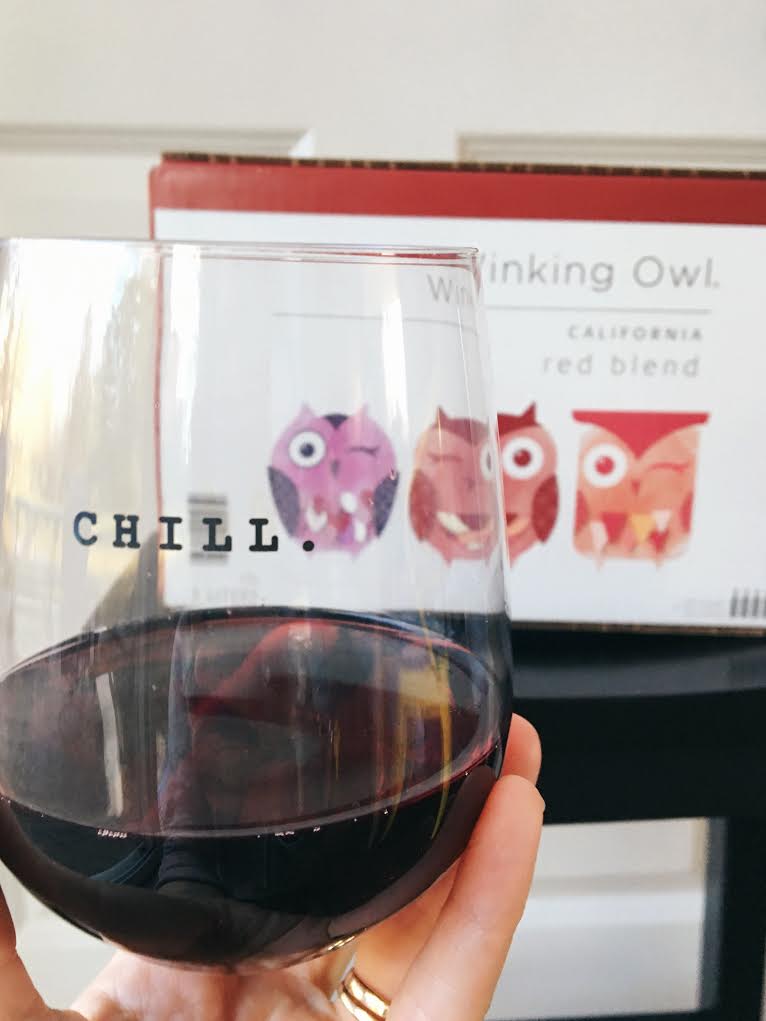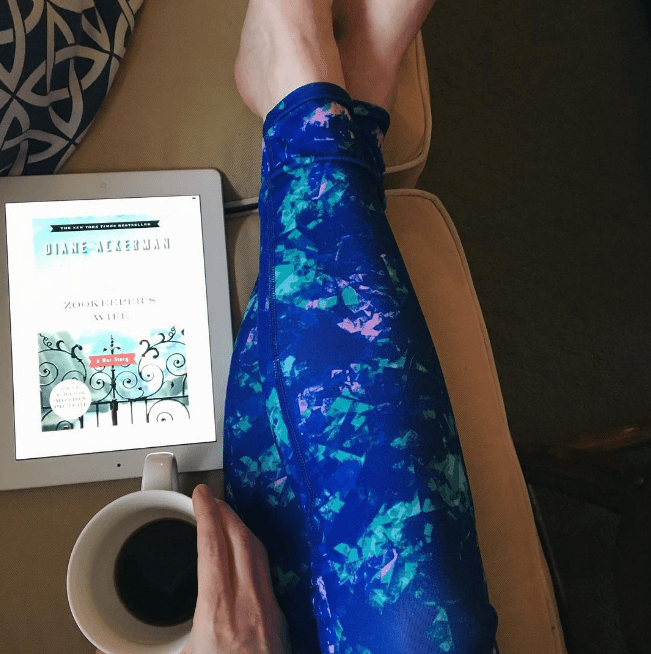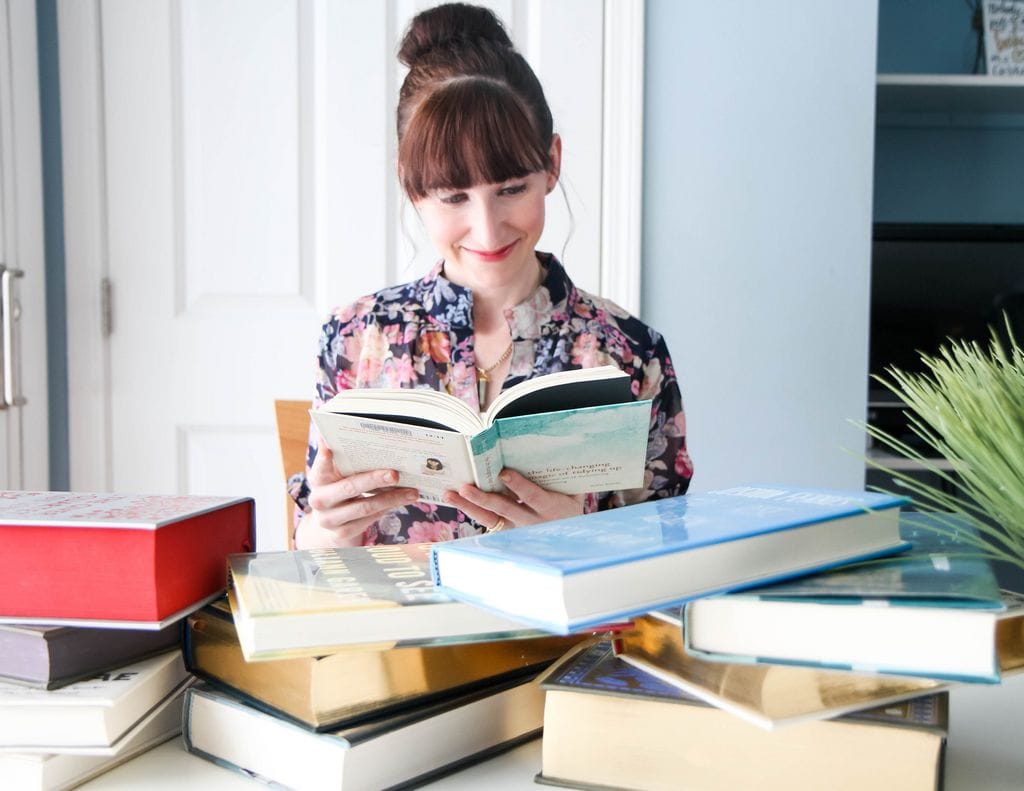
When I picked up I Liked My Life, I thought it would be a light escape between my heavy historical fiction picks last month. What I never expected though was how much this book would move me and make me consider my own interactions in my life. I saw so much of myself and my life reflected in these well-woven characters. Then I learned more of Abby Fabiaschi and her activism as a human rights advocate and commitment to use proceeds from her incredible book to support the causes she cares about and it became important to me to share her journey with you.
I knew Abby had so much she could teach me (and maybe you!) about writing her first book and more about her passion for human rights. In this difficult political climate, I’m so moved by stories of good people. Living our family motto this year of finding the good, I am thrilled to share more about the good that Abby is doing in the world and how we have the power to be the good too.
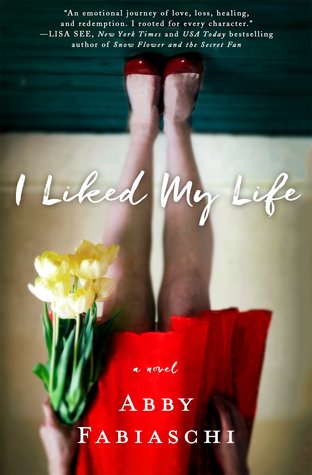
Honestly, if I was going to pick a book that surprised me the most last month (check out last month’s stack of must-reads!!), I Liked My Life would be it! The idea for this story sounded horribly depressing. A mother commits suicide and her family is left to pick up the pieces… but it is so much more than that!
Fabiaschi writes this story in a way where the mother, Maddy, is still there and able to manipulate her family members into doing what she needs them to do by speaking to them through their thought streams. From helping them find better solutions to deal with her death, to guiding friendships, and even finding her replacement. Her presence and voice is one of the alternating chapters in this novel, along with the voices of her husband and teenage daughter.
Each character reflects back on the good and the bad that has happened in their lives in real moments that mimic your own. The petty fights, the difficulty as a mom to make every day special for your family (while no one makes the effort for you), and the struggles of mother and daughter relationships. I could see so many of of my own struggles in this character, making Maddy real and relatable.
Heartbreaking at times, laugh out loud funny at others, I doubt you would pick this one up and not get something out of it. I am committed to no spoilers, but want you to know the ending is quite satisfying as a reader!
Grab your coffee and let’s learn more about Abby and her fantastic debut!
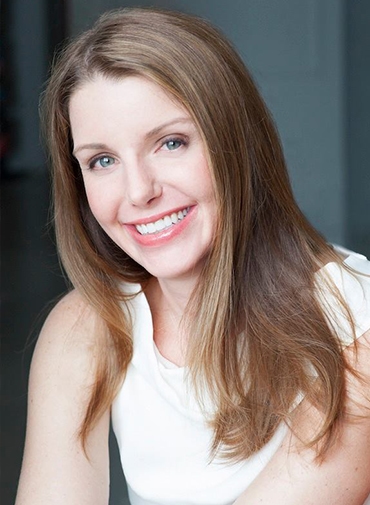
Congratulations on publishing your first book! What an incredible accomplishment for you and your family. Why did you decide to leave the corporate world and pursue writing and how long was the process of getting published?
When I started writing I Liked My Life I was working 60/70 hour weeks in high tech and pounding away at my keyboard nights and weekends. At the time, I could balance my hobby, my work, and my marriage. Then I got a third and fourth job named Page and Parker, 11 months apart, and something had to give. Writing time was replaced with diapers and cuddles and ear infections.
When my kids turned three and four in what felt like one season, I resigned from the corporate scene. It was time. Most of the alpha males I worked with found it insane to ditch a lucrative post for something with a .2% success rate, but it wasn’t about getting published for me. I needed a lifestyle change, and I was fortunate: with spending changes, my husband’s career could support our family.
The book sold about two years after becoming a fulltime writer.
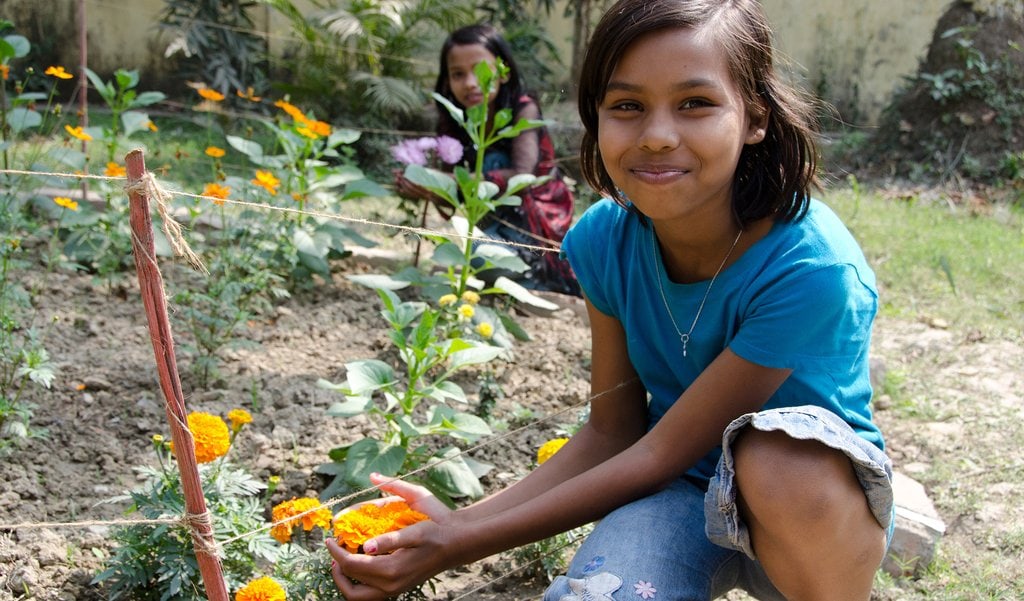
Before we dive into the plot, I’d love to share about your mission to donate a portion of the proceeds to survivors of human trafficking and your volunteerism as a human rights advocate. Can you tell us more about this important cause and why this is of importance to you?
After resigning from the corporate world, my family right-sized our lifestyle to accommodate the loss of income. When we were off and running on our new salary, I realized that nothing of substance had changed. As “they” say: The most important things in life aren’t things. My husband and I agreed that if anything were to come of my writing we would donate a fifth of it systematically. Now, twenty percent of my after-tax proceeds, including foreign and film rights, are donated to charities benefiting women and children.
I’m passionate about economic solutions to severe social and cultural problems such as human trafficking, domestic abuse, and child marriage. As board chair for Her Future Coalition, I get to see the success of this approach firsthand. Fiscal independence is a powerful tool—providing training, education, and employment is an effective way to help victims remain forever free. If you’re interested in donating or learning more, visit www.herfuturecoalition.org.
In the same vein, I think you are also such a great example of someone who has found a way to prioritize charity by adjusting your lifestyle to put money towards those in need. Do you have any tips for putting money or time towards the causes we truly care about while doing the mom juggle?
I recommend adopting a cause. After reading Half the Sky, I felt a tremendous call to action to fight human trafficking. There were practically trumpets playing in the background as I started researching the different ways to get involved.
When you find an organization that supports your passion, think of how your skill set and connections can be leveraged to their benefit. If you offer up what you’re already proficient at, it’s easier to efficiently add value.
From a donation perspective, there’s a tradition I love: every year for holidays and birthdays give your children a check to donate to the charity of their choice. This turns giving time into family time, and plants the seed of altruism.
I understand it was your own experience with death, at the age of 15, which gave you the idea to explore the mourning process through this coming-of-age story. Do you then see yourself in both Eve, from your teenage years, and in her mother, Maddy, now as an adult? Has it been therapeutic to reflect on this?
I Liked My Life was written as a way to unburden my loss onto unsuspecting characters, so yes, therapeutic is the right word.
The first draft was completed when I was twenty-four. I had no children; I’d been married all of five months at its inception. I wrote from three intertwining perspectives—mother, daughter, and father—but given the extent of my life experience, only the daughter’s section was relatable.
Years after that first draft, my father died of a heart attack at fifty-three. When I revisited the manuscript, I was a mother two times over who’d grieved as an adult, side by side my husband of eight years. It was then that the mother and father’s section came to life.
Age, gender roles, personality types, financial obligations, these all change the way tragedy is digested. I Liked My Life isn’t about mourning generally, it’s about the reality that we must grieve around others who are also grieving, and the loss can at times feel competitive.
You write about marriage in such a relatable way. Those silly petty fights and frustrations make for a real and true portrait of marriage. Do you think illustrating this helped shape Brady’s story more and his own emotional hurdles of forgiving himself?
I’m now thirteen years into my marriage and I see the layers of it with more clarity. There’s the daily grind—the back and forth where I know I’m loved but sometimes don’t feel appreciated. There’s tests—darker times where I question if I’m understood at all. And there’s nuggets—moments where the value of my role in the family is revealed and validated.
The more interesting thing to realize is that the same ebb and flow holds true for my husband. I don’t think either of us fully fathoms what the other accomplishes and carries in a day, and I no longer think we have to in order to be happy.
In I Liked My Life Brady arrives at this same conclusion in stages. Each revelation is accompanied by a different emotion: anger, guilt, sadness, and, ultimately, acceptance.
Why was it important to have Maddy’s voice be such a big part of your story and how much fun was it, as the writer, to have her manipulating plot points in the book?
With Maddy, I looked to put words to the connection I still feel with loved ones I’ve lost after their physical time with me is over. As I wrote, at times I felt the people I miss so much cheering me on, so the joy in creating Maddy’s voice was personally meaningful to me.
As a reader, I found myself walking away with a heightened sense of consciousness about my interactions with my loved ones and how important they are, even when you sometimes feel unnoticed as a mom. What feelings do you hope your readers come away with from reading this story?
I’ve been in book clubs for over a decade and have learned that a reader’s takeaway is unique to their experience, past and present. For me, I take comfort in the knowledge that if you can rise above the fog and haze of grief, there are slivers of beauty in life’s most agonizing moments. The challenge is that anything gleaned is at the expense of your loss—and it will never be worth it—so you have to accept the injustice of that.
Did you or do you have anything special planned in celebration of your first book being out on bookshelves? Will you be taking some time off or are you on to the next book?
I have more of a what’s next? personality. Right now I am all in on promoting I LIKED MY LIFE. I worked hard to get this opportunity and I want to do everything I can to help get it in the hands of readers.
My second novel, tentatively titled WHATEVER HAPPENED TO LUCY BISCARO?, should be out with St. Martin’s Press in the winter of 2018. It explores the polarizing hold that memories can have on us, and how every decision we make is layered with our past experiences.

I’m always thankful for these moments with writers and I hope you will pick up this amazing book! You can always connect with me on GoodReads, through our books section of our site, and you can read our entire Sundays With Writers series for more author profiles. Happy reading, friends!
*This post contains affiliate links!
